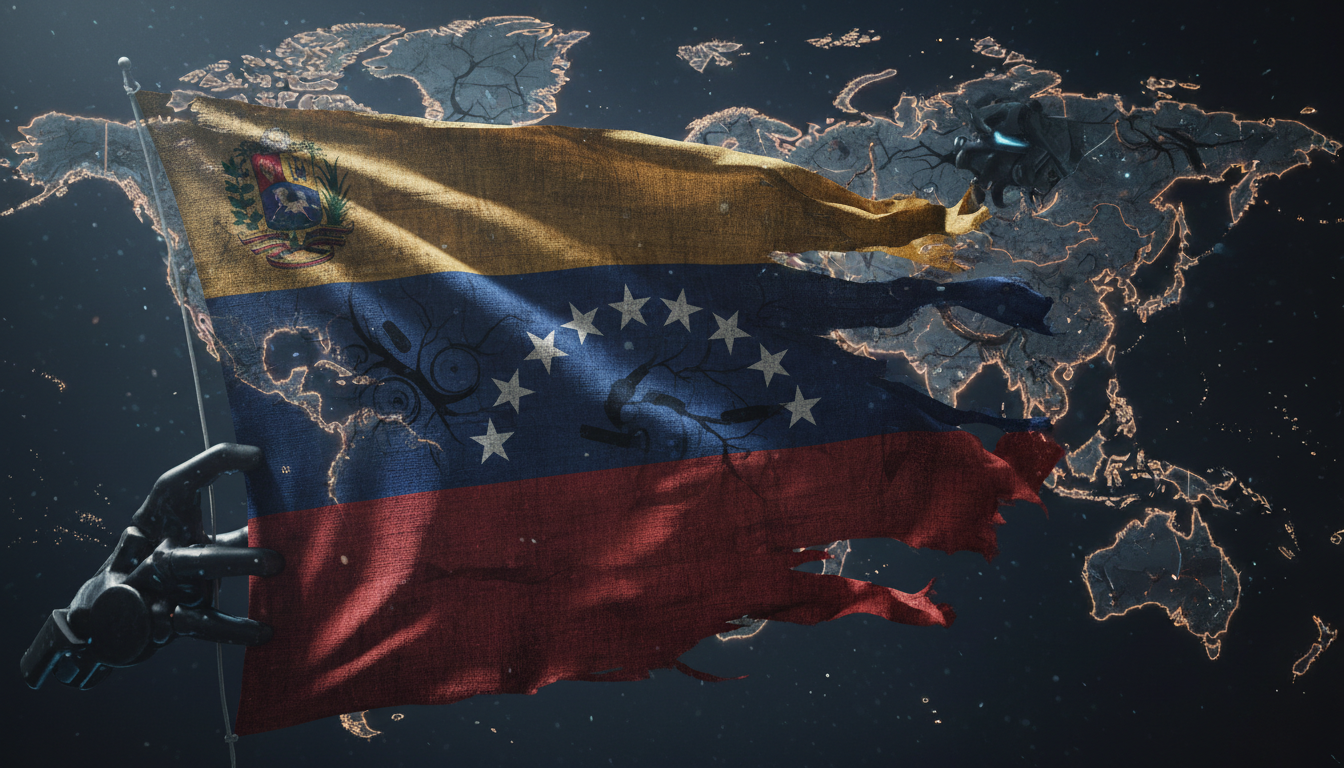About White Creek Opinion.
In today’s political landscape, cable news networks value the speed of information over the accuracy of reporting.
Modern news consists of popular soundbites and recognizable visuals, but the coverage lacks in-depth conversations and introspective reflection. As a working class, we scramble through our day, with limited time to consume and understand opposing beliefs, minimizing our individual world view.
White Creek Opinion brings a grander scale platform, incorporating the news on a macro scale — opening the impact of the news beyond your own backyard — providing a strategic, practical view, shedding personal anti-empathetic behaviors.
We are not journalists or politicians, but retired individuals with global experience and great interest in politics and history. We are not political ideologues, but common-sense enthusiasts who understand global complexities and yearn to grow diversely and openly.
We see this as an opinion blog — as a tool to reflect and form truth-based opinions. We do not want politics to become religion but a choice in a civilized way.










